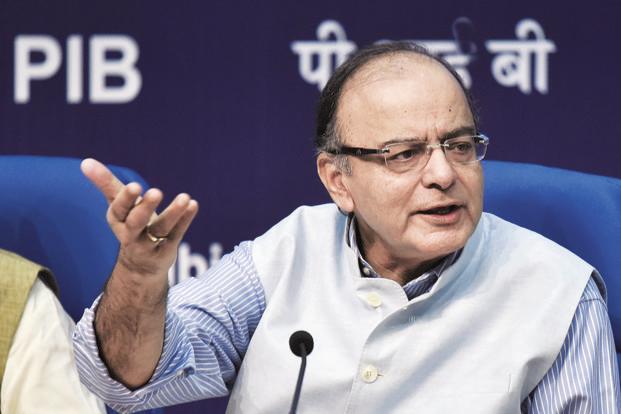Lok Sabha passes bills to extend GST to J&K

New Delhi, (IANS): The Lok Sabha on Wednesday passed legislation to extend the Goods and Services Tax (GST) to Jammu and Kashmir, making it part of the "one nation, one tax" regime.
The House passed the the Central Goods and Services Tax (Extension to Jammu and Kashmir), Bill, 2017 and the Integrated Goods and Services Tax (Extension to Jammu and Kashmir), Bill, 2017 after a brief discussion in which members by and large welcomed the measures.
The two bills replace an order promulgated by the President.
The first bill provides for the extension of the Central Goods and Services Tax Act,2017 to Jammu and Kashmir and the other provides for the extension of the Integrated Goods and Services Tax IGST Act,2017 to the State.
Replying to the discussion, Finance Minister Arun Jaitley said GST's extension to Jammu and Kashmir is a positive step for the state and the country.
"The dream of economic integration of the country has been full filled."
The minister also refuted the Congress allegations that GST infringes upon the special status of the state.
"A national party like Congress should not have got into it. This was an argument given by the seperatists," he said.
Jaitley said had Jammu and Kashmir not implemented GST then consumers and traders in the state would have been denied the benefits of input cost.
"In such a circumstance, the cost of products in Pathankot (near the Jammu and Kashmir border) would have been cheaper than in Jammu and Kashmir. In this case, the traders in Jammu and Kashmir will buy products from Pathankot and would sell them in state. This would not have been a good situation for the consumers and traders of the state and even it would have impacted negatively the revenue of the state," he said.
Earlier moving the bills, Jaitley said: "The state assembly had passed the State Goods and Services Tax and integrated it with the GST and in view of it, these two bills have been brought."
The Congress crticised the government for taking ordinance route for implementing various laws.
"The government should ensure that the new tax regime will not affect the fiscal autonomy of the state," Congress leader Adhir Ranjan Chowdhury said.
